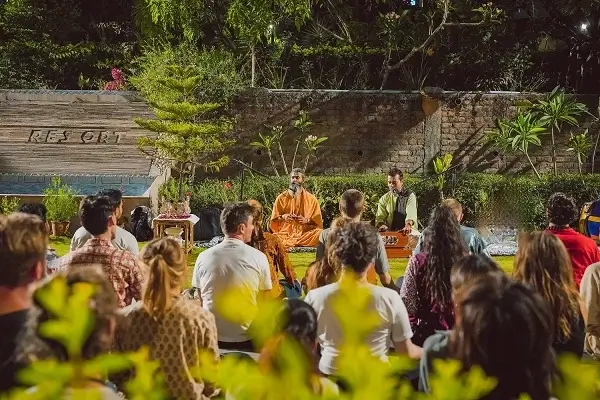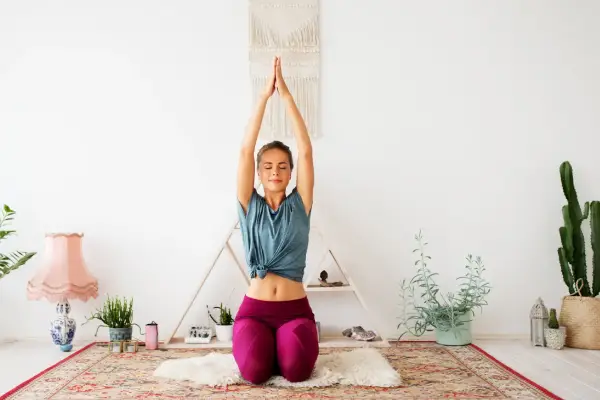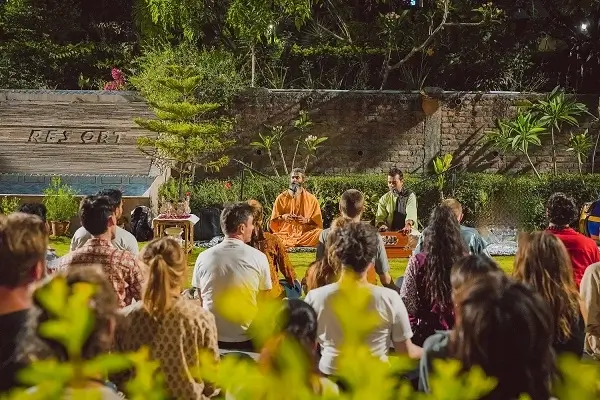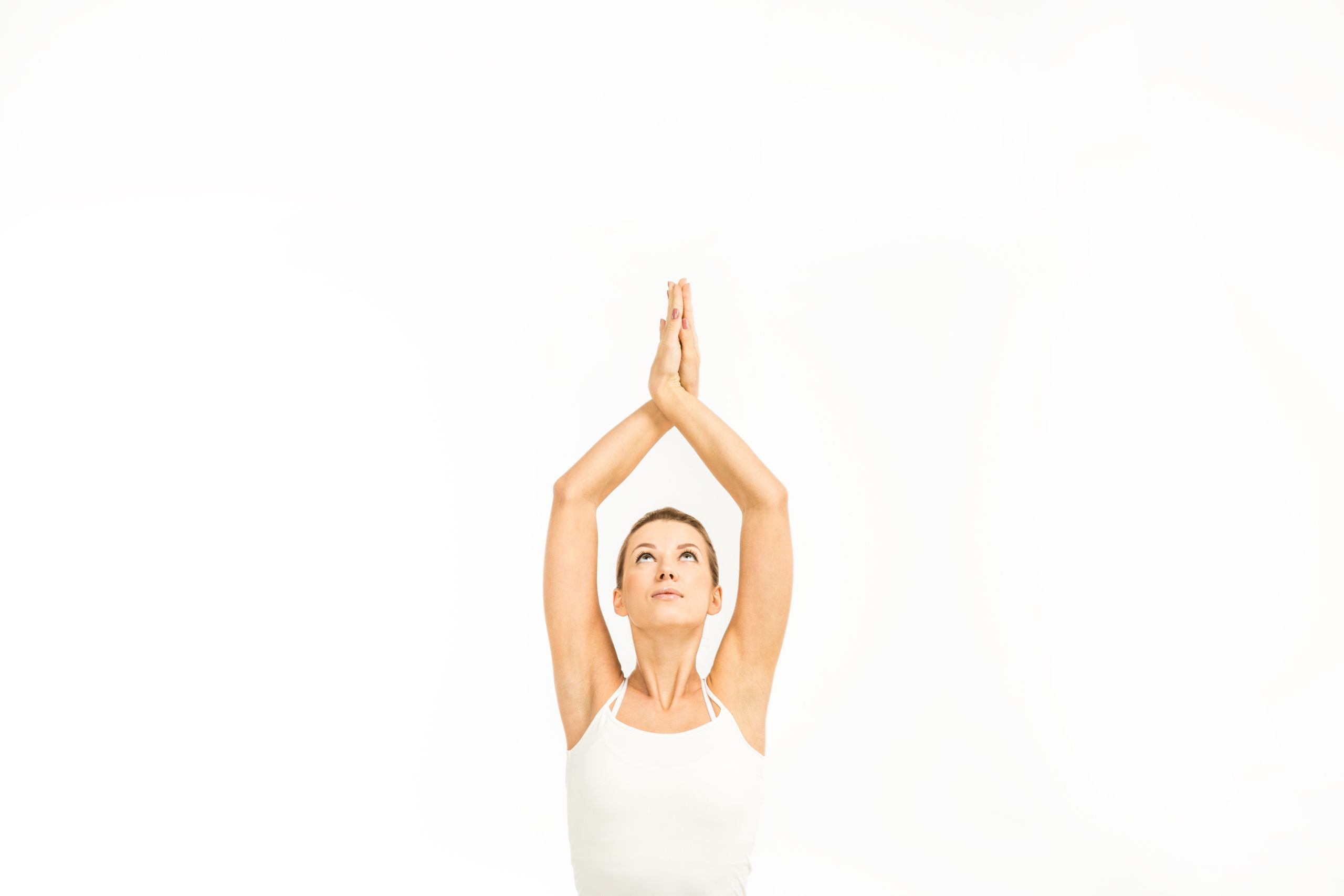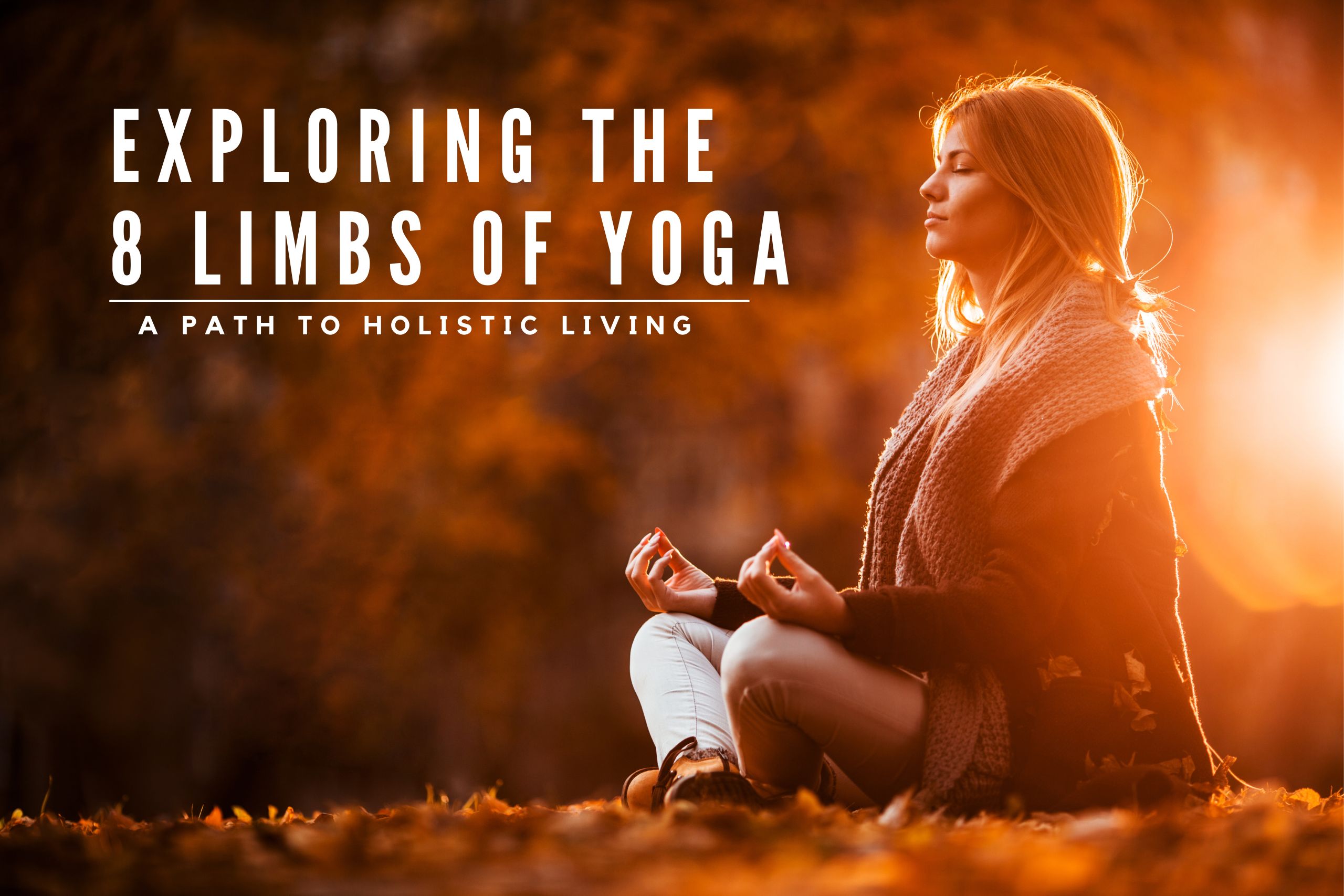Meditation for Sleep: Complete Guide for Wholesome Living
Table of Contents
- 1. What is Meditation For Sleep?
- 1.1. 7 Main Features of Meditation:
- 2. Sleep and Meditation
- 3. Guided Meditation for Sleep
- 4. Meditation Music for Sleep
- 5. Conclusion
Sleep and meditation share the same objective of calming the human mind. However, owing to consistent exposure to gadgets and stressful lives, sleep quality of people has severely deteriorated. While sleep is an unconscious state of mind, meditation is a state of heightened awareness. Therefore, for all those who are dealing with a warped circadian rhythm, specific practices under meditation for sleep are the best way to restore it. The blog will discuss the main distinctions between the two concepts and how the two are interdependent.
Learn more about the complexities of meditation and how the quality of sleep can be improved.
What is Meditation For Sleep?
Meditation is the art of calming your mind by following a controlled breathing pattern. The point is to enhance concentration by concentrating deeply and by focused contemplation. While deep breathing improves the supply of oxygen to the brain, closing your eyes and concentrating can improve memory. It is a guided and specific experience that provides natural sleep and you can rest the mind and your body.
7 Main Features of Meditation:
-
A person who is meditating must focus on a mantra and his or her breathing rhythm. Music can also add to your experience if you do not wish to speak.
-
The person must be aware and conscious of the present moment. It is only then that mindfulness can be achieved.
-
If any external stimuli can disturb the meditation, get rid of it. Any kind of noise or movement that inhibits concentration must be removed from the ambiance.
-
Meditation serves many purposes. Therefore, make sure you are following the right method to achieve the desired result.
-
Guided meditation for sleep is a foolproof method to enhance your sleep and reset your circadian rhythm.
-
Meditation for sleep and anxiety can cure many mental health problems. The practice will calm your mind and prevent overthinking or over-analyzing any situation.
-
Meditation is also associated with spirituality. Enhanced levels of concentration sometimes allow a person to experience supernatural elements.
Sleep and Meditation
The circadian rhythm of a person plays a major role in defining the day and long-term health of a person. Meditation can enable a person to sleep faster, longer, and deeper.
Sleep and meditation are hypometabolic states, the rest that meditation gives is different from sleep because of a heightened state of awareness.
However, the purpose is common i.e., to improve the focus of mind and enhance concentration skills, the approaches diverge significantly.
Guided Meditation for Sleep
Guided sleep meditation is a technique in which a narrator walks the person through a series of basic instructions for a person to have a restful sleep. The technique is ideal for those who lead a hectic lifestyle and do not have the time for conventional yoga classes.
Here are the basic steps that your trainer will walk you through for a restful night’s sleep. These steps involve everything from controlled breathing exercises to relaxing your physical body.
-
Mindful Body Scanning: When you start the process of meditation, release tension from every body part. Think carefully about each body part and understand the pain stored. Relax yourself and ease this pain to fall asleep faster.
-
Breathing Exercises: If you are agitated over something, the gradual process of inhaling and exhaling can be beneficial. Rhythmic breathing such as this encourages restful sleep. Slow inhalation and exhalation regulate the supply of oxygen to the brain which calms you down.
-
Gratitude Meditation: Count your blessings before you fall asleep. You can maintain a gratitude journal or simply count your blessings to create a positive mindset. This will affirm the belief in your mind that you are leading a fulfilling life.
-
Ritual Oriented: Rituals that lead up to bedtime must be followed. Create your bedtime routine as a pattern is good for the brain. Certain people opt for a skincare routine while others listen to music or read a book. Your brain will be wired to think in a particular fashion and sleep will be initiated accordingly.
-
Visualization: Natural sceneries, lush forests, pastel colors, and listening to sounds made by a flowing river can stimulate the sensory organs. All this leads to a tranquil environment which aids peace of mind.
For those who feel anxious and stressed often, the same routine can be followed to relieve stress. Meditation for sleep and anxiety go hand in hand.
Both these practices involve an altered state of consciousness and can do wonders for a person’s deteriorating mental health. Therefore, sleeping is vital to maintaining a healthy lifestyle.
Join the 200-hour Meditation Teacher Training in Rishikesh, India
Meditation Music for Sleep
Music provides the brain with a calming auditory experience. When it comes to meditating with music, can elevate your journey to a completely different level. Here are a few benefits for those who are opting for this technique.
-
Better Sleep Quality: Meditation music for sleep can improve sleep quality and even strengthen the prefrontal cortex. A sleep without nightmares is an indicator of a calm mind.
-
Enhanced Emotional Quotient: Classical music can regulate emotions and is scientifically proven to be the best music for improving the quality of sleep.
-
Calming Effect: Music without lyrics is preferred over songs as it prevents distractions. The rhythmic pattern has a more calming effect than anything else. Slows the pulse and heart rate of a person which puts him or her to sleep.
-
Reduces Stress: Decreased levels of stress hormones have been noticed among those who listen to slow music before going to bed. Meditation music influences the nervous system of a person.
-
Boosts Immunity: All those who listen to music sleep better and meditate better. Properly sleeping through the night will keep immunity and ensure proper digestion.
-
Improved Memory: A better sleep will improve your cognitive abilities. The brain will grasp concepts faster as you will feel fresh.
The most reliable sleep-inducing trigger is slow music. This music goes well with slower brainwave frequencies which gives you the calmness needed for sleeping.
Music on Free Meditation for Sleep is available on YouTube. When it comes to instrumental music, the Indian flute is one beautiful instrument that will transport you to a different realm. Otherwise, Gregorian chants, Tibetan singing bowls, zen music, and binaural tones can make world of a difference.
Also read: Yoga for Insomnia
Conclusion
Music and meditation can induce sleep effortlessly. Sleep and meditation give immense rest to your mind, relax your body, and give you a break from the world. However, inducing sleep through meditation is the best way for people to calm their minds and deal with anxiety. Learning meditation for sleep is a must for those who lead a stressed life. Stay tuned for tips and tricks to improve your sleep quality.


